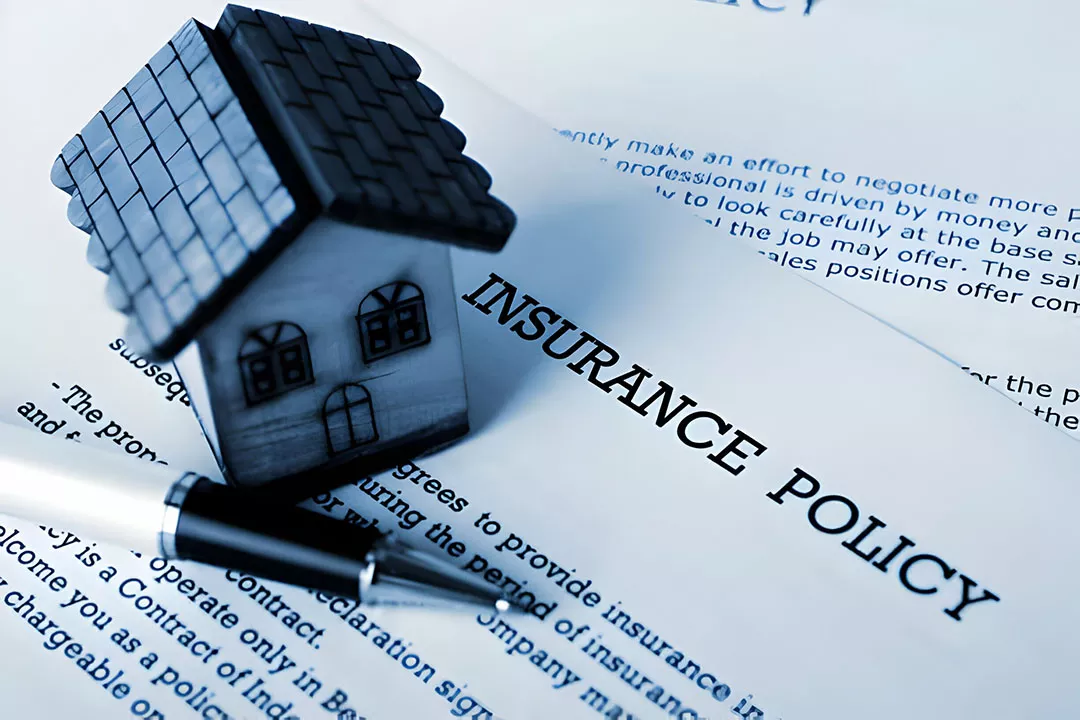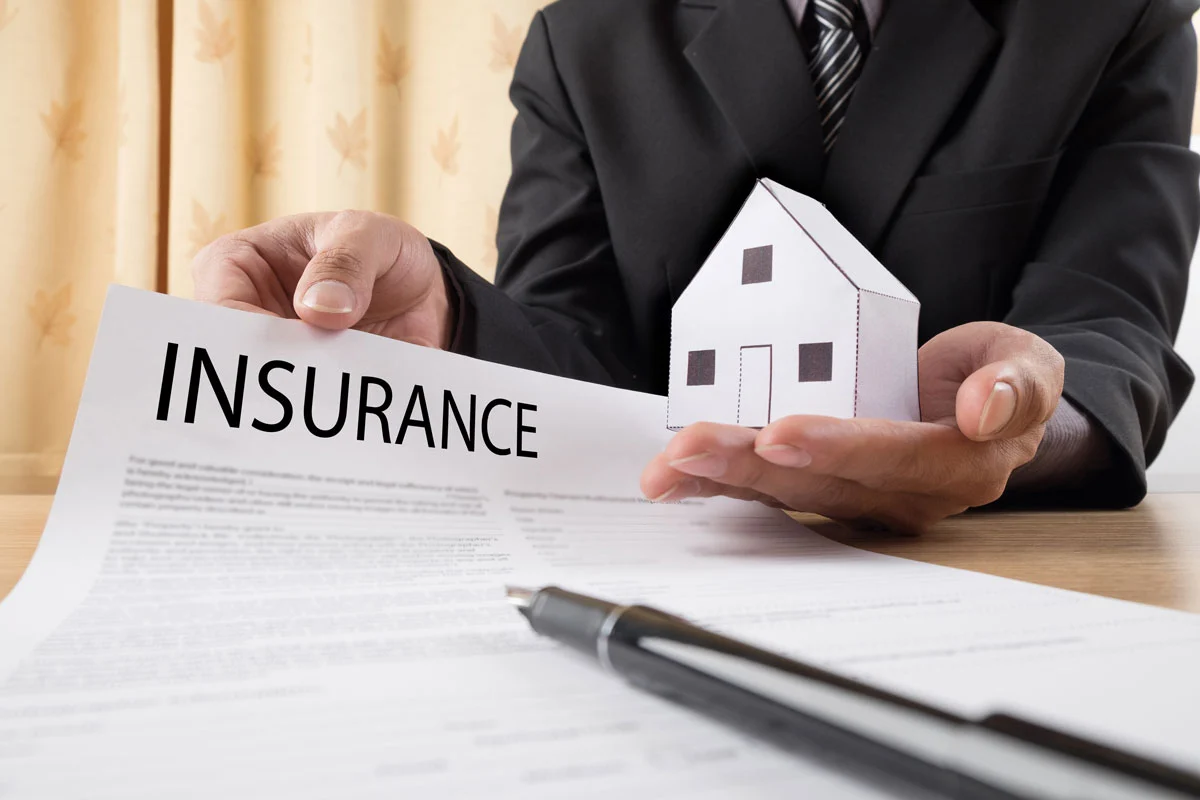Home insurance is a crucial aspect of property ownership, but it doesn’t have to break the bank. In Australia, there are several effective ways to reduce your home insurance costs without sacrificing essential coverage. This guide will explore practical strategies to lower your premiums, helping you save money while still protecting your home and belongings.
Understanding Home Insurance Costs
What Influences Home Insurance Premiums?
Before diving into ways to reduce your premiums, it’s important to understand what factors affect your home insurance costs:
Location: Properties in areas prone to natural disasters or high crime rates may have higher premiums.
Home Value: Higher-valued homes typically cost more to insure.
Construction Type: Homes made of more durable materials may have lower premiums.
Security Measures: Homes with advanced security systems often receive discounts.
Claims History: A history of frequent claims can increase premiums.
1. Increase Your Deductible
What is a Deductible?
The deductible is the amount you pay out-of-pocket before your insurance kicks in. For example, if you have a $1,000 deductible and file a $5,000 claim, you pay the first $1,000, and the insurer covers the remaining $4,000.
How Increasing Your Deductible Helps
Lower Premiums: Higher deductibles usually result in lower premiums. By increasing your deductible, you reduce the amount the insurer needs to cover, which lowers your overall cost.
Affordability: Choose a deductible amount that you can comfortably afford in case of a claim.
Tips for Choosing the Right Deductible
Assess Your Financial Situation: Ensure you can afford the higher deductible in the event of a claim.
Balance Savings and Risk: Find a deductible amount that offers a good balance between savings on premiums and manageable out-of-pocket costs.
2. Review and Adjust Coverage Limits
What are Coverage Limits?
Coverage limits are the maximum amounts your insurance will pay for different types of claims, such as damage to your home or personal belongings.
Adjusting Coverage Limits for Savings
Assess Your Needs: Review your coverage limits to ensure they align with your current needs. If your home’s value or the value of your belongings has decreased, you might not need as much coverage.
Avoid Over-Insuring: Reducing coverage limits can lower your premiums, but make sure you still have adequate protection.
Tips for Adjusting Coverage Limits
Review Your Policy Regularly: Adjust your coverage limits to reflect changes in your property value and belongings.
Consult with Your Insurer: Discuss potential adjustments with your insurer to ensure you’re not underinsured.
3. Bundle Your Policies
What is Bundling?
Bundling involves purchasing multiple insurance policies from the same provider. For example, combining home and auto insurance with the same insurer.
Benefits of Bundling
Discounts: Many insurers offer discounts for bundling multiple policies. This can result in significant savings on your home insurance premiums.
Simplified Management: Managing all your policies with one insurer can be more convenient.
Tips for Bundling Policies
Compare Offers: Check if your current insurer offers bundling discounts. Also, compare offers from other insurers to find the best deal.
Assess Coverage Needs: Ensure that bundling doesn’t compromise the quality of your coverage.
4. Improve Home Security
How Security Measures Affect Premiums
Discounts for Security Systems: Homes with security alarms, deadbolts, and surveillance cameras often receive discounts on home insurance premiums.
Reduced Risk: Improved security reduces the risk of theft and damage, leading to lower premiums.
Steps to Enhance Home Security
Install a Security System: Consider installing a monitored security system or smart home devices.
Upgrade Locks and Alarms: Upgrade to high-quality locks and alarms to enhance security.
Tips for Maximizing Security Discounts
Inform Your Insurer: Notify your insurer about any new security measures to ensure you receive the applicable discounts.
Keep Records: Maintain documentation of security improvements for reference and verification.
5. Maintain a Good Claims History
How Claims History Affects Premiums
Impact of Frequent Claims: Frequent claims can increase premiums, as insurers view you as a higher risk.
Maintaining a Clean Record: A good claims history can help you secure lower premiums.
Strategies for Maintaining a Good Claims History
Preventative Measures: Implement home maintenance and safety measures to reduce the likelihood of claims.
Handle Small Claims: Consider paying for minor repairs out-of-pocket to avoid filing small claims.
Tips for Managing Claims
Keep Records: Document all incidents and repairs for reference.
Consult Your Insurer: Discuss the potential impact of filing a claim with your insurer before proceeding.
see also:What Insurance Do I Need for Holiday
6. Choose the Right Insurer
Factors to Consider When Choosing an Insurer
Reputation: Research the reputation of potential insurers, focusing on customer service and claim handling.
Coverage Options: Compare coverage options and limits to ensure they meet your needs.
Discounts and Offers: Look for insurers that offer discounts and promotions.
How to Compare Insurers
Request Quotes: Obtain quotes from multiple insurers to compare premiums and coverage.
Read Reviews: Check customer reviews and ratings for insights into the insurer’s service and reliability.
Tips for Selecting an Insurer
Evaluate Your Needs: Choose an insurer that offers the coverage you need at a competitive price.
Consider Customer Service: Opt for insurers known for their excellent customer service and claims support.
7. Make Home Improvements
How Home Improvements Affect Insurance
Increased Value and Risk: While some improvements can increase your home’s value, others can reduce risks and potentially lower premiums.
Specific Improvements: Improvements like upgrading electrical systems or installing fire-resistant materials can positively impact your insurance rates.
Types of Improvements That Can Reduce Premiums
Upgrade Electrical and Plumbing Systems: Modernizing these systems can reduce the risk of damage and potential claims.
Install Fire-Resistant Materials: Using fire-resistant roofing or siding can decrease the risk of fire damage.
Tips for Leveraging Home Improvements
Consult Your Insurer: Discuss potential improvements with your insurer to understand their impact on premiums.
Document Improvements: Keep records of home improvements for reference and to inform your insurer.
8. Review Your Policy Regularly
Why Regular Reviews are Important
Changes in Property Value: Your property value may change over time, impacting your insurance needs.
Adjusting Coverage: Regular reviews ensure that your coverage limits and deductibles are up-to-date.
How to Review Your Policy
Check Coverage Limits: Ensure that your coverage limits reflect your current needs and property value.
Assess Deductibles: Evaluate your deductible to see if it’s still appropriate for your financial situation.
Tips for Effective Policy Reviews
Schedule Annual Reviews: Set a reminder to review your policy annually or after significant life changes.
Consult with an Agent: Work with an insurance agent to review and adjust your policy as needed.
Common Mistakes to Avoid
1. Underestimating Property Value
Why It’s a Problem
Underestimating your home’s value can lead to insufficient coverage. If a loss occurs, you might not have enough coverage to fully repair or rebuild.
How to Avoid It
Regularly update your property value and coverage limits to ensure adequate protection.
2. Ignoring Policy Exclusions
Why It’s a Problem
Ignoring policy exclusions can lead to unexpected costs if a claim falls outside of your coverage.
How to Avoid It
Review your policy’s exclusions and understand what is not covered. Consider additional coverage or endorsements for specific risks.
3. Neglecting to Shop Around
Why It’s a Problem
Failing to compare quotes from different insurers can result in higher premiums and missed opportunities for discounts.
How to Avoid It
Regularly obtain quotes from multiple insurers and compare coverage options and costs.
Case Studies: Real-Life Examples
Case Study 1: Impact of Increasing Deductibles
Scenario
A homeowner increased their deductible from $500 to $1,000, resulting in a 15% reduction in premiums. They saved $200 annually and were still comfortable with the higher deductible.
Lesson Learned
Increasing the deductible can lead to significant savings on premiums, provided you can afford the higher out-of-pocket cost in the event of a claim.
Case Study 2: Benefits of Bundling Policies
Scenario
A homeowner bundled their home and auto insurance with the same provider, resulting in a 10% discount on both policies. They saved $300 annually and simplified their insurance management.
Lesson Learned
Bundling policies can lead to substantial savings and simplified management, making it a worthwhile option for many homeowners.
Conclusion
Reducing your home insurance costs in Australia is achievable through various strategies. By increasing your deductible, reviewing and adjusting coverage limits, bundling policies, improving home security, maintaining a good claims history, choosing the right insurer, making home improvements, and regularly reviewing your policy, you can lower your premiums while still maintaining essential coverage.
Understanding the factors that influence your insurance costs and implementing these strategies can help you find a balance between affordability and adequate protection. Regularly assessing your insurance needs and staying informed about potential discounts will ensure that you’re getting the best value for your home insurance.
By taking these steps, you’ll be well on your way to reducing your home insurance costs while still safeguarding your property and financial well-being.






















